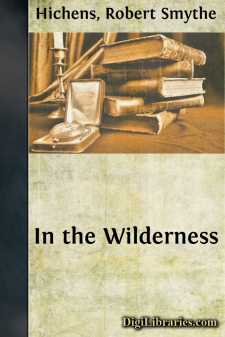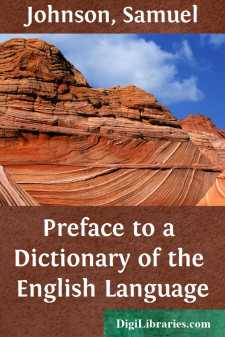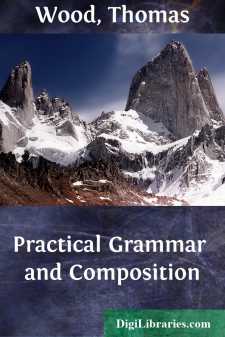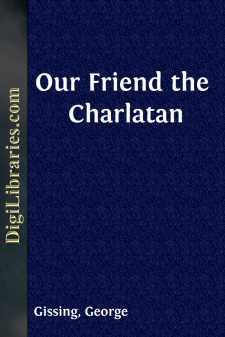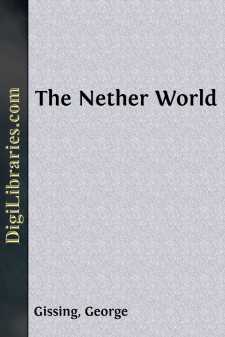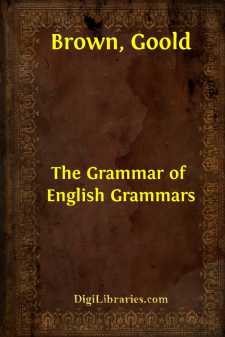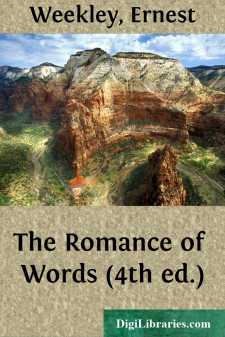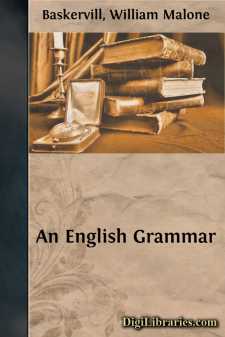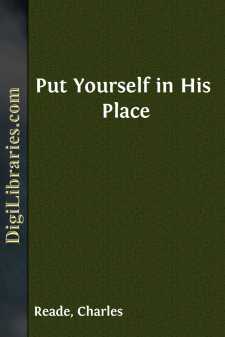Categories
- Antiques & Collectibles 13
- Architecture 36
- Art 48
- Bibles 22
- Biography & Autobiography 813
- Body, Mind & Spirit 142
- Business & Economics 28
- Children's Books 13
- Children's Fiction 10
- Computers 4
- Cooking 94
- Crafts & Hobbies 4
- Drama 346
- Education 46
- Family & Relationships 57
- Fiction 11828
- Games 19
- Gardening 17
- Health & Fitness 34
- History 1377
- House & Home 1
- Humor 147
- Juvenile Fiction 1873
- Juvenile Nonfiction 202
- Language Arts & Disciplines 88
- Law 16
- Literary Collections 686
- Literary Criticism 179
- Mathematics 13
- Medical 41
- Music 40
- Nature 179
- Non-Classifiable 1768
- Performing Arts 7
- Periodicals 1453
- Philosophy 64
- Photography 2
- Poetry 896
- Political Science 203
- Psychology 42
- Reference 154
- Religion 513
- Science 126
- Self-Help 84
- Social Science 81
- Sports & Recreation 34
- Study Aids 3
- Technology & Engineering 59
- Transportation 23
- Travel 463
- True Crime 29
Sort by:
CHAPTER I Amedeo Dorini, the hall porter of the Hotel Cavour in Milan, stood on the pavement before the hotel one autumn afternoon in the year 1894, waiting for the omnibus, which had gone to the station, and which was now due to return, bearing—Amedeo hoped—a load of generously inclined travelers. During the years of his not unpleasant servitude Amedeo had become a student of human nature. He had...
more...
by:
Samuel Johnson
It is the fate of those who toil at the lower employments of life, to be rather driven by the fear of evil, than attracted by the prospect of good; to be exposed to censure, without hope of praise; to be disgraced by miscarriage, or punished for neglect, where success would have been without applause, and diligence without reward. Among these unhappy mortals is the writer of dictionaries; whom mankind...
more...
by:
Thomas Wood
Page v PREFACE This book was begun as a result of the author's experience in teaching some classes in English in the night preparatory department of the Carnegie Technical Schools of Pittsburg. The pupils in those classes were all adults, and needed only such a course as would enable them to express themselves in clear and correct English. English Grammar, with them, was not to be preliminary to...
more...
by:
George Gissing
CHAPTER I As he waited for his breakfast, never served to time, Mr. Lashmar drummed upon the window-pane, and seemed to watch a blackbird lunching with much gusto about the moist lawn of Alverholme Vicarage. But his gaze was absent and worried. The countenance of the reverend gentleman rarely wore any other expression, for he took to heart all human miseries and follies, and lived in a ceaseless mild...
more...
by:
George Gissing
CHAPTER I In the troubled twilight of a March evening ten years ago, an old man, whose equipment and bearing suggested that he was fresh from travel, walked slowly across Clerkenwell Green, and by the graveyard of St. James's Church stood for a moment looking about him. His age could not be far from seventy, but, despite the stoop of his shoulders, he gave little sign of failing under the burden...
more...
by:
Goold Brown
CHAPTER I. OF THE SCIENCE OF GRAMMAR. "Hæc de Grammatica quam brevissime potui: non ut omnia dicerem sectatus, (quod infinitum erat,) sed ut maxima necessaria."—QUINTILIAN. De Inst. Orat., Lib. i, Cap. x. 1. Language, in the proper sense of the term, is peculiar to man; so that, without a miraculous assumption of human powers, none but human beings can make words the vehicle of thought. An...
more...
by:
Ernest Weekley
PREFACE A long and somewhat varied experience in language teaching has convinced me that there are still, in spite of the march of science, many people who are capable of getting intellectual pleasure from word-history. I hope that to such people this little book, the amusement of occasional leisure, will not be unwelcome. It differs, I believe, from any other popular book on language in that it deals...
more...
INTRODUCTION. So many slighting remarks have been made of late on the use of teaching grammar as compared with teaching science, that it is plain the fact has been lost sight of that grammar is itself a science. The object we have, or should have, in teaching science, is not to fill a child's mind with a vast number of facts that may or may not prove useful to him hereafter, but to draw out and...
more...
by:
Charles Reade
CHAPTER I. Hillsborough and its outlying suburbs make bricks by the million, spin and weave both wool and cotton, forge in steel from the finest needle up to a ship's armor, and so add considerably to the kingdom's wealth. But industry so vast, working by steam on a limited space, has been fatal to beauty: Hillsborough, though built on one of the loveliest sites in England, is perhaps the...
more...
CHAPTER I. SOME STORIES OF BRITISH HISTORY TOLD FROM ENGLISH WORDS. Nearly all children must remember times when a word they know quite well and use often has suddenly seemed very strange to them. Perhaps they began repeating the word half to themselves again and again, and wondered why they had never noticed before what a queer word it is. Then generally they have forgotten all about it, and the next...
more...


